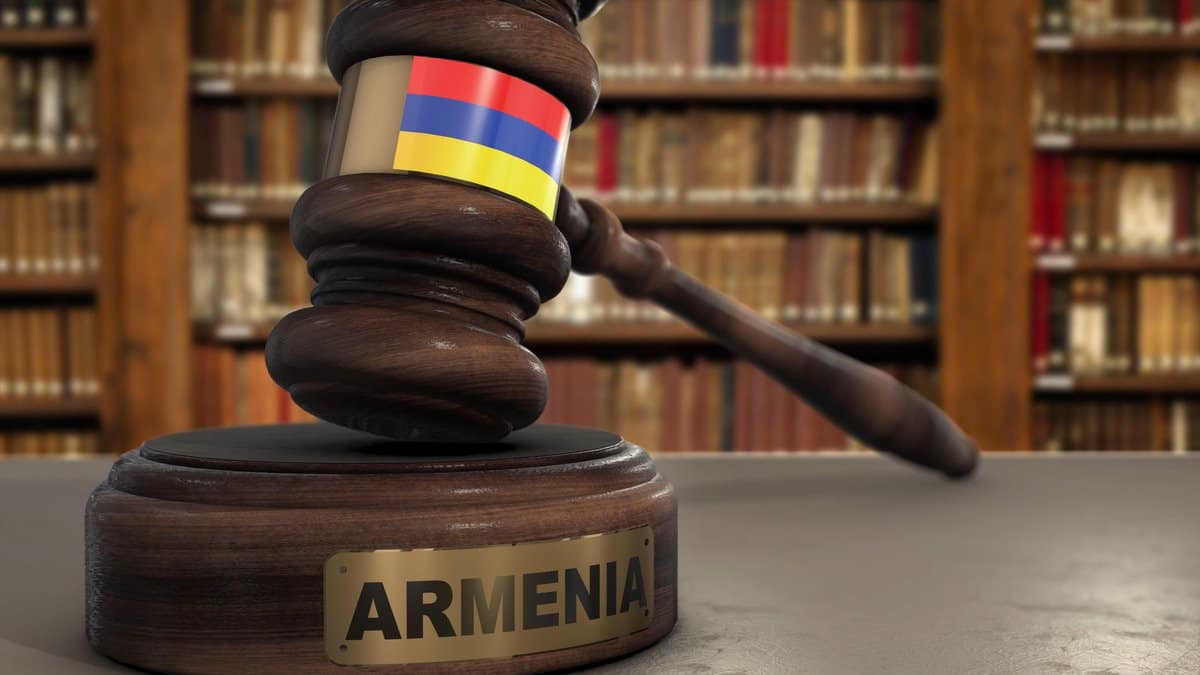Surrogacy is a path to parenthood for many when they find no other solution has worked. However, like with any other medical, legal, or ethical journey, the viability of this solution depends on the laws that govern it.
For many considering surrogacy in Armenia, understanding the legal framework is important. Over recent years, Armenia has clarified and expanded its laws on surrogacy, making it a much more attractive option for intended parents.
Surrogacy Legislation in Armenia
Surrogacy in Armenia is governed by the Law on Human Reproductive Health and Reproductive Rights, which was originally enacted in 2002. It’s the base for the legality of assisted reproductive technologies (ART), including gestational surrogacy and the protocols related to it.
One of the biggest legal determinations under the Armenia surrogacy law is that gestational surrogacy (where the surrogate is not genetically related to the child she carries) is the only legal form of surrogacy allowed in the country. Traditional surrogacy, where the surrogate provides her own egg, isn’t allowed.
Who Can Be a Surrogate Mother in Armenia?
Armenian law also lists out specific eligibility requirements for surrogate mothers in the country. Here are a few of those requirements:
- Age: The surrogate must be between 20 and 35 years old. However, reforms in 2024 have raised the upper limits in certain contexts.
- Prior Childbirth Experience: The surrogate must have previously carried and given birth to a healthy child.
- Positive Health Screenings: Medical, gynecological, genetic, and psychological tests are required. There should be no serious illnesses, uterine defects, or other conditions that could disqualify a potential surrogate.
- Surrogate Rights: The surrogate mother has no legal parental rights over the child she carries. The intended parents are recognized as the legal parents from birth.
Who Can Be Intended Parents?
Traditionally, Armenia surrogacy law had limited access to just legally married heterosexual couples. However, this law has changed to also include single men and single women as long as some conditions are met.
- There needs to be a genetic connection. This means that at least one intended parent has to provide an egg or sperm to ensure that the child has a biological link to the intended parents rather than the surrogate.
- The intended mother must also be under 53 years old for assisted reproductive technologies.
Legal Contracts, Parentage, and the Birth Certificate
Another big aspect of surrogacy in Armenia is how legal parentage is actually established. There needs to be a written and notarized contract between the surrogate or her legal representative and the intended parents.
Then, under the law, once the child is born, the intended parents are immediately recognized as the legal parents and their names are placed on the child’s birth certificate.
Challenges and Ethical Considerations for Armenian Surrogacy
While the legal framework for surrogacy in Armenia offers a lot of clarity in some aspects, there are still challenges and ethical issues that you, as intended parents, need to consider.
Citizenship
Children born through surrogacy don’t automatically acquire American citizenship if the intended parents are foreign. So, you will need to secure proper documentation and passports from your home country.
Surrogate Sourcing
Although there may be restrictions in place, intended parents also often use surrogate mothers from other nations. This raises issues as well, like those related to regulation, oversight, and the welfare of the surrogate, including their medical and psychological needs and living conditions.
Authorities in Armenia try to regulate surrogate health, compensation, and contracts, but the enforcement and standards in place do matter.
A July 2024 amended prohibits Armenian citizens from acting as surrogates for foreign intended parents. This means that foreign intended parents must use surrogates who are non-Armenian. This pushes agencies to recruit surrogates from neighboring countries.
Legal Uncertainties
While the law does give many protections for surrogacy, there can still be some uncertainty when it comes down to procedures and other practicalities involved in the process. This can include how the contracts are enforced, how foreign legal systems treat the birth certificates, and how parental rights are recognized abroad. It’s a good idea for you to seek out legal counsel in both Armenia and your home country.
Build Your Family Responsibly and Realize Your Dreams
For many, surrogacy helps fulfill a lifelong dream of family. Armenia offers a clear framework to do so, especially through its recognition of the intended parents, required medical standards, and evolving laws that continue to respond to more modern realities.
If you’re considering surrogacy in Armenia, proceed with some careful research so you can understand eligibility, legal contracts, medical safety, international recognition, and ethical safeguards and standards.


